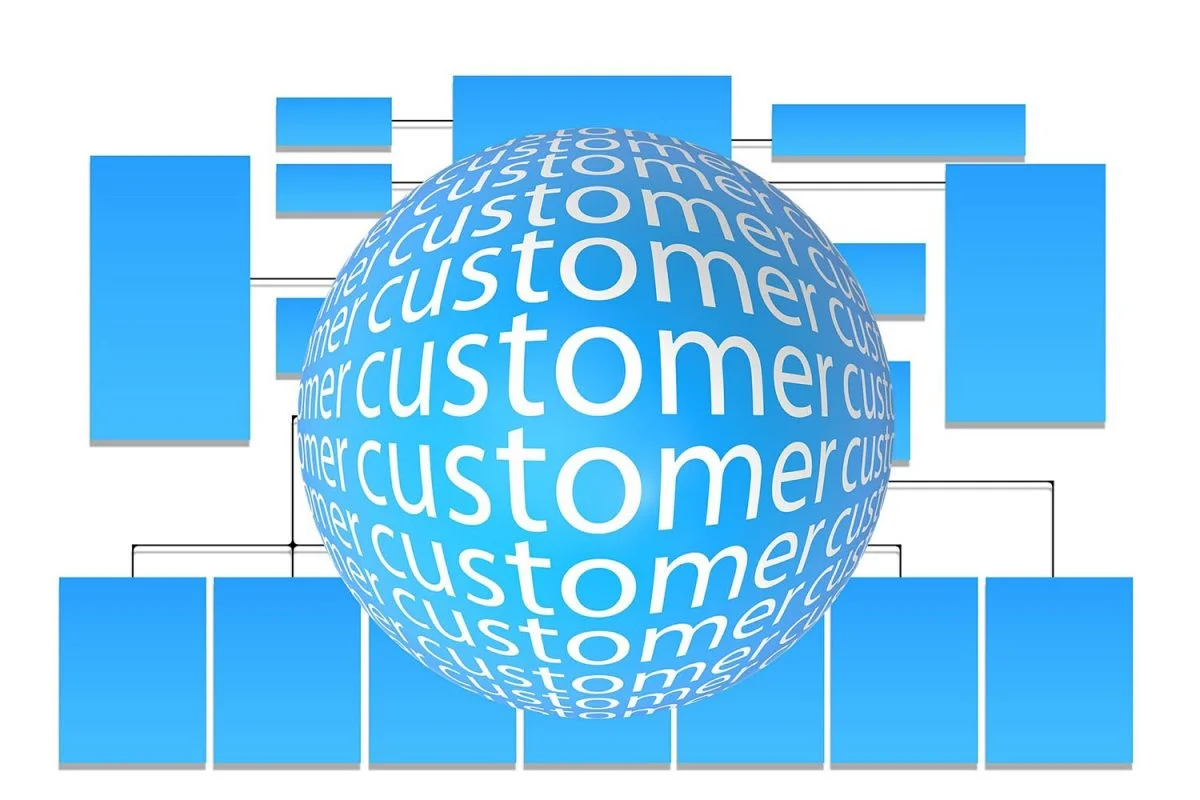
Customers are the core aspect of any business, and a company's relationship with its customer base defines its long-term success. The digital age has presented many efficient tools to streamline your connection and interactions with your buyers. With the assistance of SEO marketing experts, you can adopt the best tools to help promote your company's products and services. Such applications are called Customer Relationship Management (CRM), and they have become indispensable for building brand awareness and loyalty and ensuring consistent revenues and profits. Read ahead for some in-depth details on why CRMs are essential for your business.
CRM Applications Integrate a Suite of Digital Applications
Regardless of the size and scope of your business, you absolutely need Customer Relationship Management applications. You might consider CRM as the core platform that integrates your sales, marketing, and customers service activities. You'll use this platform to boost Customer Experience (CX) by designing compelling email campaigns, social media marketing strategies, voice messages, chat, and phone calls.
The simple interface included in the application assists in gathering and storing customer data along with information about the stages of sales rep interactions. These may include the number of closed deals and reasons for their success or loss.
Adopting CRMs is Critical for Maintaining a Competitive Edge
Check out these statistics. Close to 82% of commercial organizations now rely on automated CRMs to connect with a broader customer base in a shorter time. Adopting an app for your company has become critical to maintaining an edge over the competition.
Key CRM Statistics:
- • 72% of users will recommend a company to their family and friends if they have had a great experience
- • 94% of Americans will promote a brand if they are impressed with the customer service standards
- • 67% take their business to a competing company if they have a poor customer service experience
- • 82% of commercial organizations now rely on automated CRMs
CRMs Help You Build a Robust Customer Database
The first critical step in connecting with your customers is learning more about them. You need to gather information about the demographic that is most likely to purchase your products, and the purposes for which they rely on your brand. You'll build a customer profile that includes their location, gender, age, profession, cultural background, behavior, and buying history.
This information will help you predict market trends and thus, design products that are likely to be in demand. CRMs also integrate automated business analytics that use data mining and AI-based pattern recognition to deliver marketing strategies that have the best impact.
Enhanced Customer Experience Through CRM
Modern CRM systems go beyond simple contact management. They enable businesses to create personalized experiences for each customer by tracking their journey, preferences, and interaction history. This comprehensive view allows your team to anticipate customer needs and provide proactive service.
By centralizing customer information, CRM systems ensure that every team member who interacts with a customer has access to the same up-to-date information. This eliminates the frustration of customers having to repeat their information multiple times and creates a seamless experience across all touchpoints.
Streamlined Sales and Marketing Processes
CRM systems automate many repetitive tasks that consume valuable time from your sales and marketing teams. From lead scoring to follow-up reminders, CRMs ensure that no opportunity falls through the cracks. Automated workflows can nurture leads through the sales funnel while your team focuses on high-value activities.
Marketing teams benefit from detailed analytics and reporting features that help them understand which campaigns are most effective. This data-driven approach allows for better resource allocation and improved ROI on marketing investments.
CRM ROI Facts:
According to Nucleus Research, the average ROI on CRM software is $8.41 for every $1 spent. This impressive return comes from increased sales efficiency, better customer retention, and reduced operational costs.
Ready to Transform Your Customer Relationships?
At Hyperlocal Platform, we understand the power of CRM systems and can help you implement the right solution for your business. Our team of experts will guide you through the selection, setup, and optimization process to ensure you maximize your CRM investment.
Quote NowRelated Posts
Highly Successful Digital Marketing Strategies
Discover the most effective digital marketing strategies including Meta advertising, AI tools, and customer experience optimization...
Read MoreLead Generation Strategies Every Business Must Adopt
Learn essential lead generation techniques that every modern business needs to implement for sustainable growth...
Read More